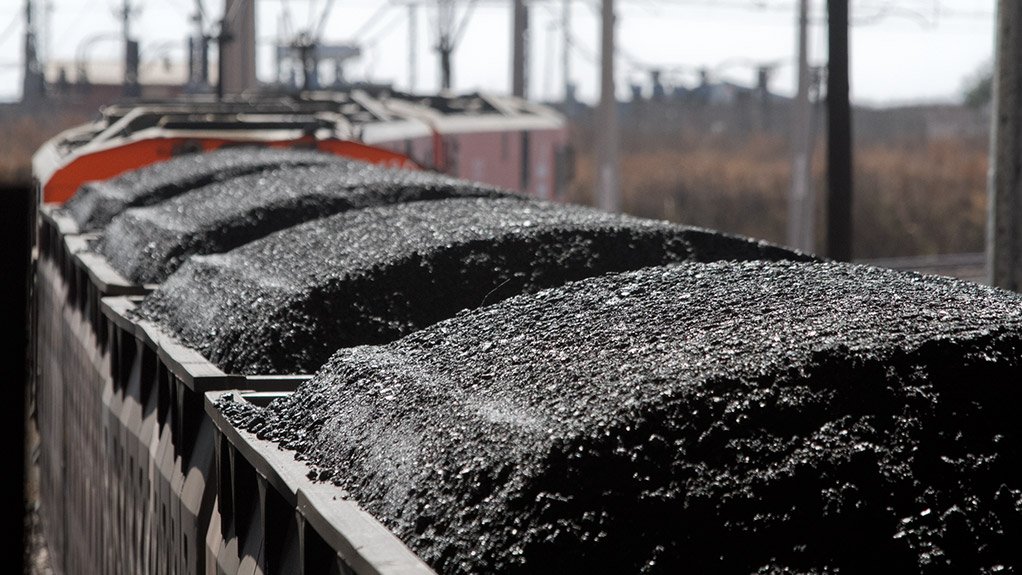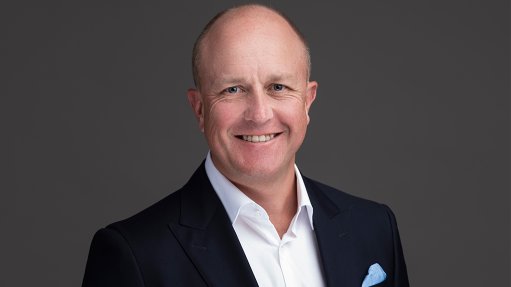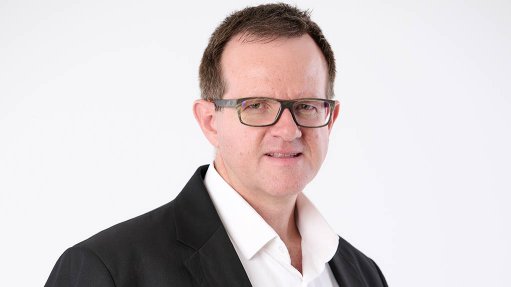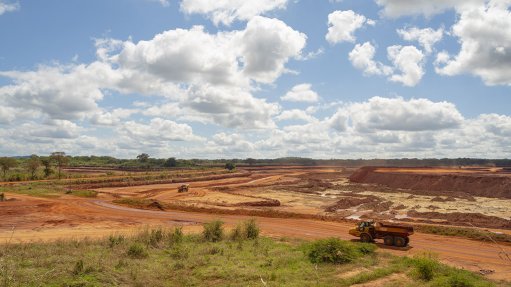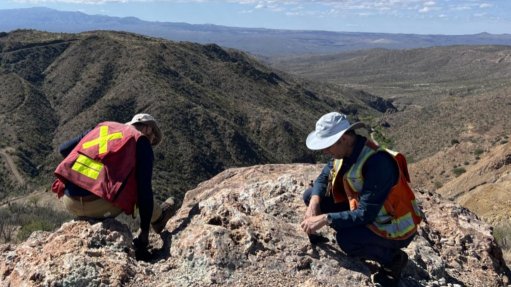Junior coal miners bemoan logistics as single-biggest challenge to their survival
Logistics inefficiencies in South Africa are the single-biggest reason why junior mining companies are likely to fail, said midtier coal producer Ndalamo Resources.
Ndalamo CEO Shammy Luvhengo participated in a junior coal mining panel at Joburg Indaba, which was held on May 21 and 22, highlighting the biggest challenge for this sector as being Transnet’s inefficiency and saying this was creating an imbalance in the system.
He elaborated that there were major coal mining companies or other parties that had access to rail, but not enough coal, and juniors with ample coal supply but no access to rail.
Additionally, junior miners are sometimes afforded access to available rail capacity, but at an exorbitant price compared with road transport alternatives.
Despite there being strong local demand for coal, Luvengo said, referencing Ndamalo’s six-million-tonne-a-year supply to State-owned coal-fired power generator Eskom, the export market is where the real value is.
“There are those who seem to know how to get coal to the coast and have the means, but not the coal, and those that have coal but cannot access transport to the coast,” he pointed out.
Pit-to-port solution provider Afrintransit CEO Denga Kwinda agreed, saying it was a tough and trying environment for junior coal miners, starting from the funding stage, as national banks were moving away from investing in coal.
“Cheap funding is no longer as accessible as it used to be. This means more funding should come from the private sector, which is more expensive.
“A lot of junior coal miners are finding themselves in an attractive market, where they have to forego on selling price to get product moved,” she pointed out, adding that junior coal miners typically pay double if not triple for logistics at smaller ports and for trucking.
There was, however, some positive momentum happening in Transnet, with the utility recognising the contribution of small coal miners to the economy, Kwinda said.
Owing to the logistics issues, a lot of junior coal mining companies were buying assets closer to ports to bypass complex logistics, including in Piet Retief and Newcastle. “We see junior mining companies applying at premium ports, but at minimal volumes.”
Moreover, to do coal consignments requires millions of rands, therefore, junior coal companies often start selling to major coal miners to begin with to start turning over cash before entering the international market.
“Successful coal trading requires a strong balance sheet, even if it means selling coal at a discount,” Kwinda pointed out. She added that most bigger companies were aware that junior companies needed to turn over their capital faster and did not have the capacity to haggle for too long, which could be to the benefit or detriment of the smaller companies.
Responding to a panel question on her outlook on coal, Kwinda said the world was in a tough recession and while the green energy movement was attractive, not enough research had been done on its implications and how to get enough energy from renewable energy. She believed that coal would continue to be a mainstay for baseload energy for generations in many countries, particularly those that cannot afford to sustain a green energy movement.
Botswana-based coal miner Minergy Coal acting CEO Matthews Bagopi echoed the sentiments of the other panel members that logistics were severely problematic not just in South Africa but Southern Africa as a region.
He was confident that the Lobito Corridor and Lephalale railway line would enable more producers to move product across the region. Bagopi pointed out that the logistics strains in South Africa, which were historically a viable option for Botswana-based producers to export product, had led to producers seeking opportunities at ports in other countries, such as Walvis Bay, in Namibia.
Bagopi mentioned that transport to this port, as well as product exporting, worked out cheaper even if coal was trucked by road.
Commenting on the progress of these two key logistics corridors, Bagopi said both the Lobito Corridor and Lephalale railway line were advancing through the signing of agreements between heads of State, but progress had been slow.
Once completed, these projects will ensure a shift from road to rail for various mineral producers including coal.
Article Enquiry
Email Article
Save Article
Feedback
To advertise email advertising@creamermedia.co.za or click here
Announcements
What's On
Subscribe to improve your user experience...
Option 1 (equivalent of R125 a month):
Receive a weekly copy of Creamer Media's Engineering News & Mining Weekly magazine
(print copy for those in South Africa and e-magazine for those outside of South Africa)
Receive daily email newsletters
Access to full search results
Access archive of magazine back copies
Access to Projects in Progress
Access to ONE Research Report of your choice in PDF format
Option 2 (equivalent of R375 a month):
All benefits from Option 1
PLUS
Access to Creamer Media's Research Channel Africa for ALL Research Reports, in PDF format, on various industrial and mining sectors
including Electricity; Water; Energy Transition; Hydrogen; Roads, Rail and Ports; Coal; Gold; Platinum; Battery Metals; etc.
Already a subscriber?
Forgotten your password?
Receive weekly copy of Creamer Media's Engineering News & Mining Weekly magazine (print copy for those in South Africa and e-magazine for those outside of South Africa)
➕
Recieve daily email newsletters
➕
Access to full search results
➕
Access archive of magazine back copies
➕
Access to Projects in Progress
➕
Access to ONE Research Report of your choice in PDF format
RESEARCH CHANNEL AFRICA
R4500 (equivalent of R375 a month)
SUBSCRIBEAll benefits from Option 1
➕
Access to Creamer Media's Research Channel Africa for ALL Research Reports on various industrial and mining sectors, in PDF format, including on:
Electricity
➕
Water
➕
Energy Transition
➕
Hydrogen
➕
Roads, Rail and Ports
➕
Coal
➕
Gold
➕
Platinum
➕
Battery Metals
➕
etc.
Receive all benefits from Option 1 or Option 2 delivered to numerous people at your company
➕
Multiple User names and Passwords for simultaneous log-ins
➕
Intranet integration access to all in your organisation



